Hong Kong-Taiwan relations take a nosedive as cross-strait relations worsen
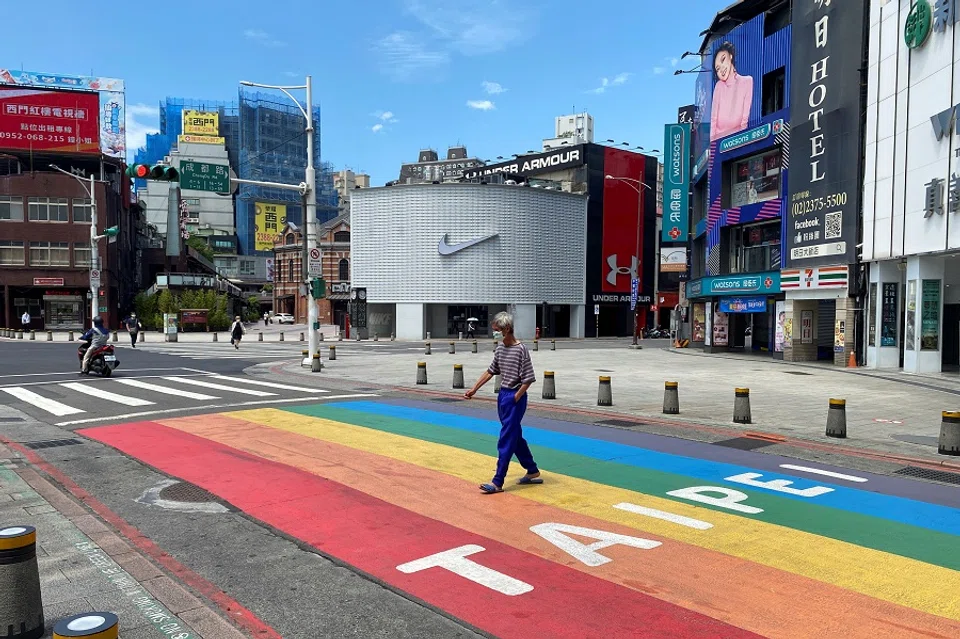
Once held up as a model of fighting the Covid-19 pandemic, Taiwan finally succumbed in early May after a year-long battle. New cases have numbered in the hundreds in recent consecutive days. Amid Taiwan's focus on beating back the pandemic, the Hong Kong government announced abruptly that the work of the Hong Kong Economic, Trade and Cultural Office (HKETCO) in Taiwan would be temporarily suspended from 18 May. This news slipped below the radar of the locals.
Even so, it is clear that Beijing has been pulling the strings behind the Hong Kong government's interactions with Taiwan since 1997. The message it is sending by downgrading Hong Kong-Taiwan relations at this point in time gives food for thought.
Hong Kong-Taiwan relations mirror cross-strait relations
Thinking back, since Hong Kong's handover, Hong Kong-Taiwan relations have always see-sawed in tandem with the state of cross-strait relations. For instance, when the Kuomintang returned to power in 2008, cross-strait relations warmed up. Hong Kong-Taiwan relations likewise improved; wearing various hats, politicians from both sides took turns to visit each other.
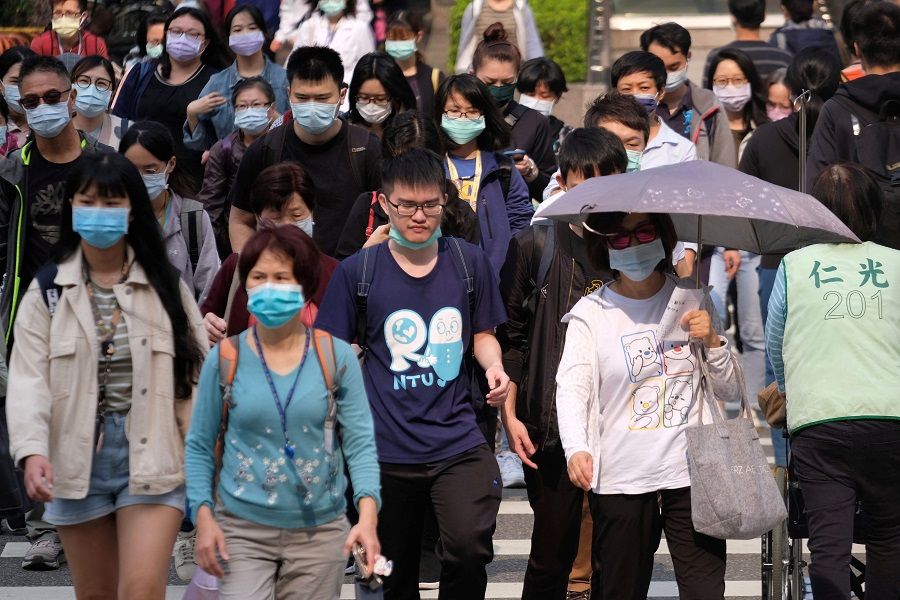
In 2011, the Hong Kong government announced the establishment of the HKETCO in Taiwan to promote economic, trade, and cultural exchanges between Hong Kong and Taiwan. Taiwan also renamed its Chung Hwa Travel Service in Hong Kong the Taipei Economic and Cultural Office (TECO). While the two organisations are not official government agencies, they play a consulate role and signal deepening relations between Hong Kong and Taiwan.
When the TECO was renamed, Taiwan's then Mainland Affairs Council Minister Lai Shin-yuan even presided over the ceremony in Hong Kong herself. I remember the TECO was located right next to my office back then. When I got off work that night, I saw several people gathered downstairs, waiting for a private car to arrive. On a closer look, I realised that they were waiting for Lai, who had come to inspect the TECO during her visit to Hong Kong. The scene was quite impressive.
Alas, friendly relations between Hong Kong and Taiwan were short-lived. Following Tsai Ing-wen and the Democratic Progressive Party (DPP)'s electoral victory in 2016, the honeymoon period between both regions came to an end. For example, in 2018, Taiwan's newly-appointed TECO chief was unable to obtain a visa to enter Hong Kong.
Later on during the Chan Tong-kai incident (in which a Hong Konger was accused of murdering his girlfriend in Taiwan before returning to Hong Kong), Hong Kong-Taiwan relations worsened as a result of the DPP's incessant attacks on the Hong Kong government. Subsequently, Taiwan officials showed solidarity with Hong Kong protesters during the anti-extradition bill protests, drawing the ire of Beijing and the Hong Kong government.
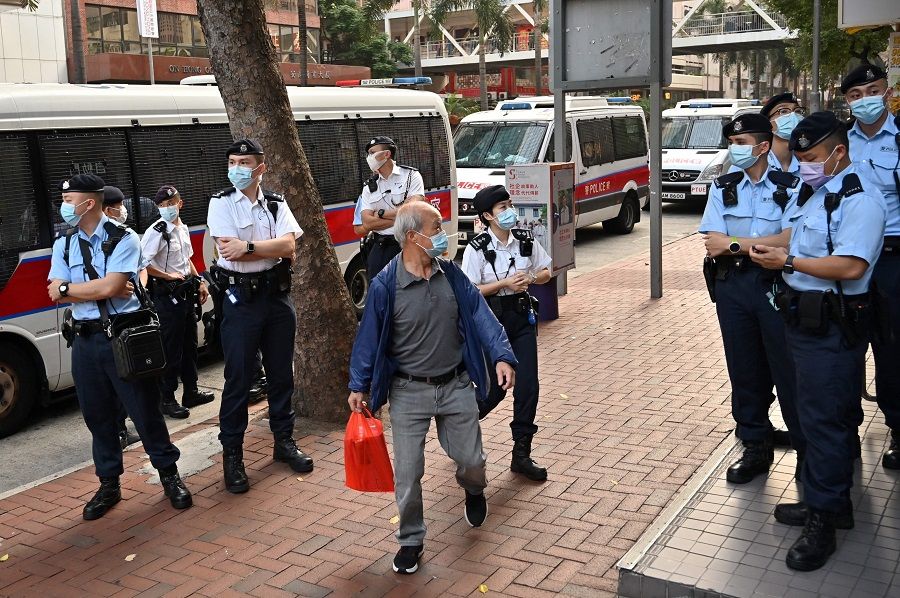
Then, the Hong Kong government requested TECO acting chief Kao Ming-tsun to sign a statement supporting the "one-China" policy. After Kao refused, he was forced to return to Taiwan last July when his visa expired. In retaliation, Taiwan said that they would not be extending the visas of Hong Kong officials in Taiwan. Hong Kong-Taiwan relations immediately took a nosedive.
From Beijing's perspective, "Hong Kong independence" activities have greatly decreased following the implementation of the Hong Kong national security law. But in the foreseeable future, "Hong Kong Independence" and "Taiwan Independence" activities will continue to converge.
'Hong Kong independence" and 'Taiwan independence'
Now, the Hong Kong government has taken further measures by announcing HKETCO's suspension through a press release. Three days later, it released another statement criticising the Taiwan authorities for having "grossly interfered in Hong Kong's affairs on repeated occasions". This implies that Hong Kong is unhappy with Taiwan for playing an active role in the anti-extradition bill protests two years ago.
In fact, Hong Kong society has become increasingly politicised in recent years, with a rapid surge in radicalism and people promoting "Hong Kong independence". In this area, Taiwan offers a good reference point. The setting up of groups and parties, ways of social resistance, political participation and so on have become key topics in the interactions between "Hong Kong independence" and "Taiwan independence".
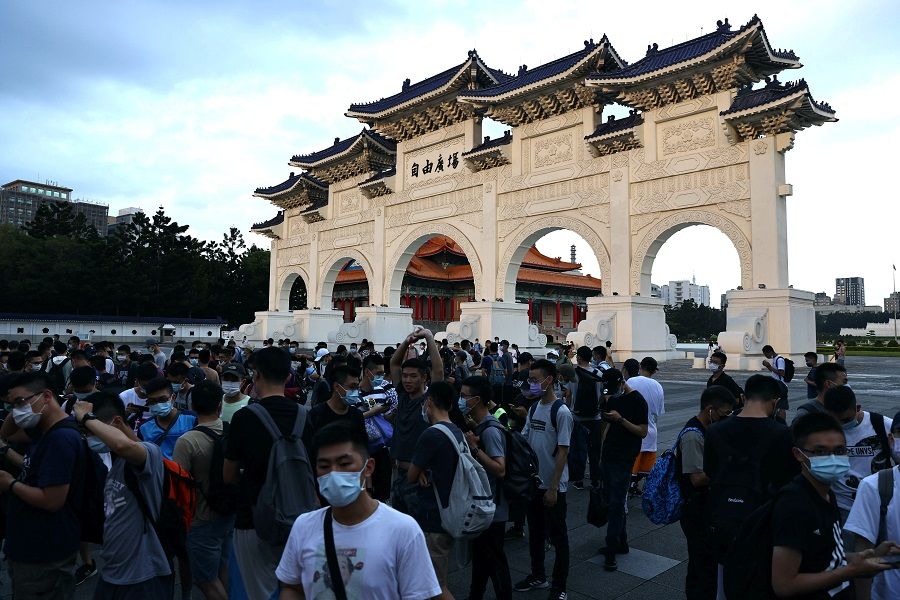
From Beijing's perspective, "Hong Kong independence" activities have greatly decreased following the implementation of the Hong Kong national security law. But in the foreseeable future, "Hong Kong Independence" and "Taiwan Independence" activities will continue to converge. For example, when the Hong Kong national security law was passed and signed in June 2020, Taiwan established the Taiwan-Hong Kong Office for Exchanges and Services to help Hong Kongers relocate to Taiwan, triggering suspicion of further interference in Hong Kong politics.
Under such circumstances, the Hong Kong government's suspension of HKETCO's operations implies that it is headed towards a showdown with Taiwan, and is warning Taiwan authorities to stop interfering in Hong Kong affairs. If Hong Kong-Taiwan relations deteriorate further, the Hong Kong government may shut down the HKETCO for good and even stop issuing visas to Taiwanese officials in Hong Kong altogether, making it hard for TECO to operate and forcing it to be closed in the end.
If the greatest impact of the measures above is severing the exchanges and economic and trade ties between Hong Kong and Taiwan, then the other message that the Hong Kong government is sending through its temporary suspension of HKETCO operations is even more noteworthy.
Everyone knows that the Tsai administration has yet to accept the "1992 Consensus". To Beijing, this is the main reason why cross-strait relations have been getting worse in recent years. Because Tsai is constantly playing with fire, Beijing is deliberating a reunification by force vis-à-vis Taiwan.
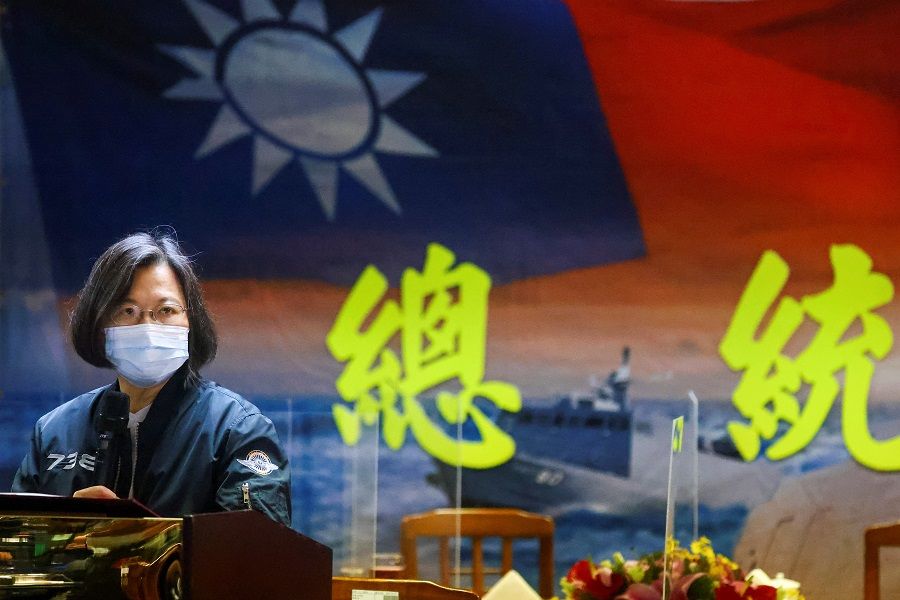
Since cross-strait relations are so tense, it is inevitable that Hong Kong-Taiwan relations would also deteriorate. As an unofficial government agency in Taiwan, the HKETCO was established on the foundation of the "1992 Consensus". Since the Taiwan government does not acknowledge the "1992 Consensus", HKETCO has no reason to exist - it is only a matter of time before it shuts its doors for good.
Macau to follow?
Next, it will be interesting to see if Macau will follow in Hong Kong's footsteps and also suspend the operations of the Macau Economic and Cultural Office in Taiwan. It will also be worth watching if Beijing will take similar measures with its economic and trade offices in Taiwan, namely the Taipei Office of China Chamber of Commerce for Import and Export of Machinery and Electronic Products, and the Taipei branch of the Association of the Economy and Trade across the Taiwan Strait (AETATS).
According to Taiwan's United Daily News, AETATS director Luo Hong returned to Beijing in early January 2020 and has not applied to make a return to Taiwan. This could be a sign that a suspension of the AETATS branch is imminent. This is strikingly similar to the case with the HKETCO, whose director's seat has been vacant for some time.
In the near future, if Beijing gradually suspends the operations of these "middlemen organisations" that the governments of mainland China, Hong Kong, and Macau have set up in Taiwan, cross-strait relations would be at daggers drawn.
Related: Hong Kongers moving to Taiwan: Temporary haven or permanent home? | How much help should Taiwan offer Hong Kong protesters? | Eight months after national security law: What's become of Hong Kong? | Will China take Taiwan by force within six years? Taiwanese think not and experts are worried
